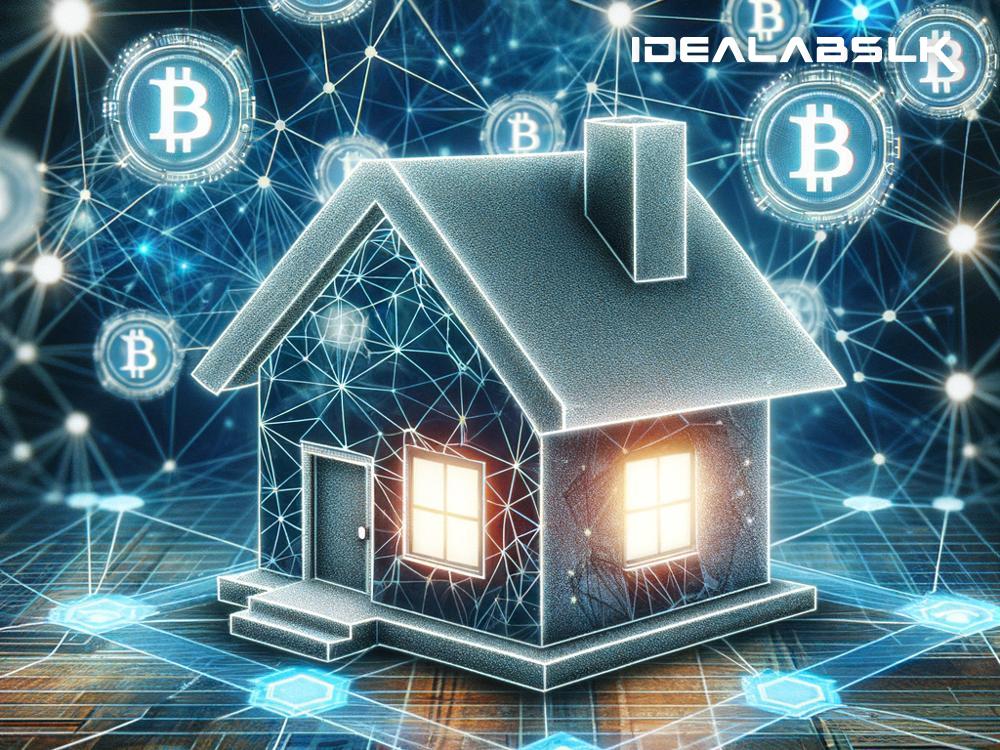Unpacking Blockchain Technology for Real Estate: Simplifying Ownership Rights
In the ever-evolving world of technology, blockchain is a buzzword that has caught the attention of industries far and wide. From finance to healthcare, its potential for transforming operational models is vast. However, when it comes to real estate, blockchain technology is not just a buzzword; it's a game-changer, especially concerning ownership rights. If you're wondering how this complex technology works in simple terms and its implications for real estate ownership, you're in the right place. Let's dive in.
What is Blockchain, Anyway?
Imagine a giant digital ledger that is completely secure, open to everyone, yet unchangeable and uncheatable. This ledger records transactions in a chain of blocks - hence the name, blockchain. Each block is like a page in a ledger, and once it's full, it's sealed and linked to the previous block, forming an unbreakable chain. What sets blockchain apart is that this ledger isn't stored in one place or controlled by a single entity; it's distributed across a network of computers worldwide. This decentralization is what makes blockchain so revolutionary - it's transparent, incredibly secure, and virtually tamper-proof.
Real Estate and Blockchain: A Perfect Match?
The real estate industry traditionally relies on physical paperwork, intermediaries, and numerous checks and balances to ensure property ownership rights are clear and transactions are legitimate. However, this system can be slow, opaque, and expensive. Enter blockchain. By digitizing ownership rights and transactions, blockchain introduces a level of transparency, security, and efficiency previously unimaginable.
At its core, blockchain can validate, record, and secure transactions in real estate in a way that is both transparent and immutable. This means once a property sale is recorded on a blockchain, it's nearly impossible to alter or dispute. This feature is particularly appealing for an industry where proof of ownership is paramount.
Simplifying Ownership Rights
One of the most promising applications of blockchain in real estate is simplifying the process of transferring property ownership. Here's how:
- Digital Deeds: Instead of physical deeds, blockchain can store digital deeds, making them easily accessible and verifiable by anyone, anytime. This decreases the likelihood of fraud and lost documents.
- Smart Contracts: These are self-executing contracts with the agreement directly written into code. In real estate, smart contracts can automatically transfer ownership once conditions are met (e.g., payment is received), eliminating the need for intermediaries and reducing transaction times and costs.
- Tokenization: This involves dividing property into digital tokens that represent shares in the property ownership. It makes buying and selling parts of properties easier and more accessible, opening up the real estate market to a broader range of investors.
The Ripple Effect
The impact of blockchain on real estate ownership rights extends beyond simplification. Here are a few ripple effects:
- Increased Transparency: Both buyers and sellers have access to the full history of property transactions and ownership, reducing the risk of fraud.
- Cost Reduction: By cutting out middlemen and streamlining processes, blockchain can significantly lower transaction costs.
- Global Access: Blockchain makes international real estate transactions smoother and less cumbersome, potentially broadening the market for buyers and sellers.
- Enhanced Security: The distributed and encrypted nature of blockchain makes it highly secure, offering peace of mind to all parties involved.
Roadblocks and Reality Checks
Despite its potential, blockchain in real estate is not without challenges. Regulatory hurdles, the need for a digital overhaul of current systems, and skepticism from traditional players are significant barriers. However, pilot projects and startups pioneering this technology in real estate are showing promising results, signaling a not-so-distant future where blockchain becomes mainstream in the industry.
Final Thoughts
Blockchain's promise for revolutionizing real estate ownership rights is vast and varied. From simplifying transactions to enhancing security, its potential benefits are undeniable. While it may take time for the industry to fully embrace this technology, the march towards digitization and transparency is well underway. For anyone involved in real estate, keeping an eye on blockchain developments isn't just advisable; it's essential. As we move forward, the way we think about property ownership and transactions is set to change, all thanks to blockchain technology.

